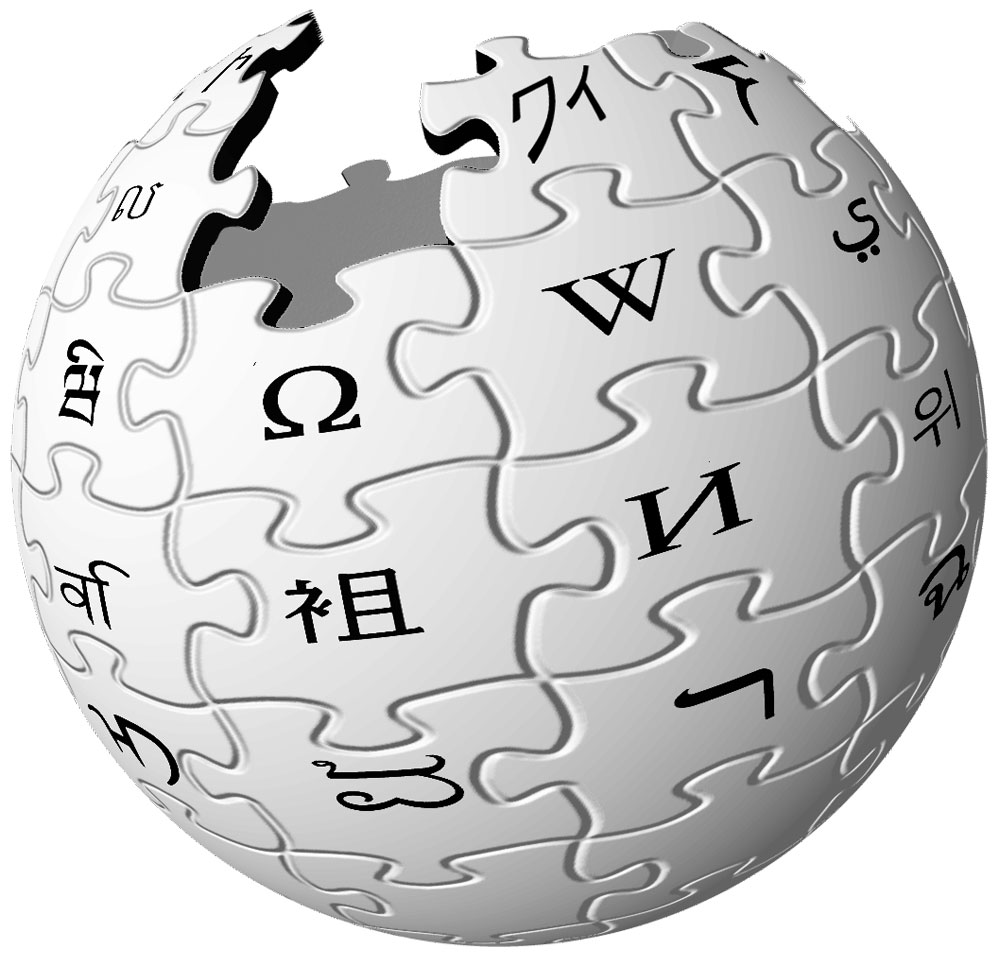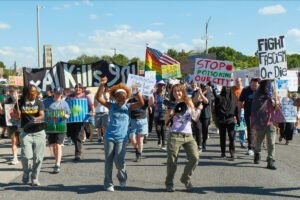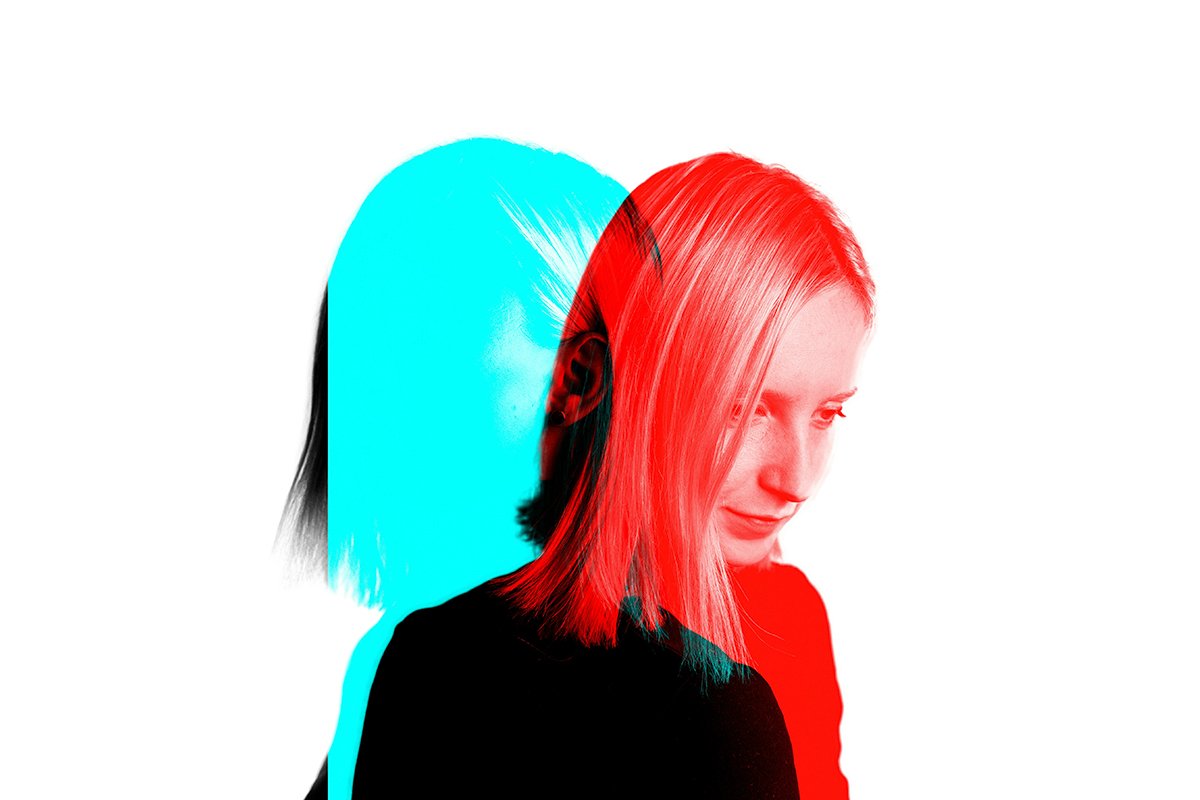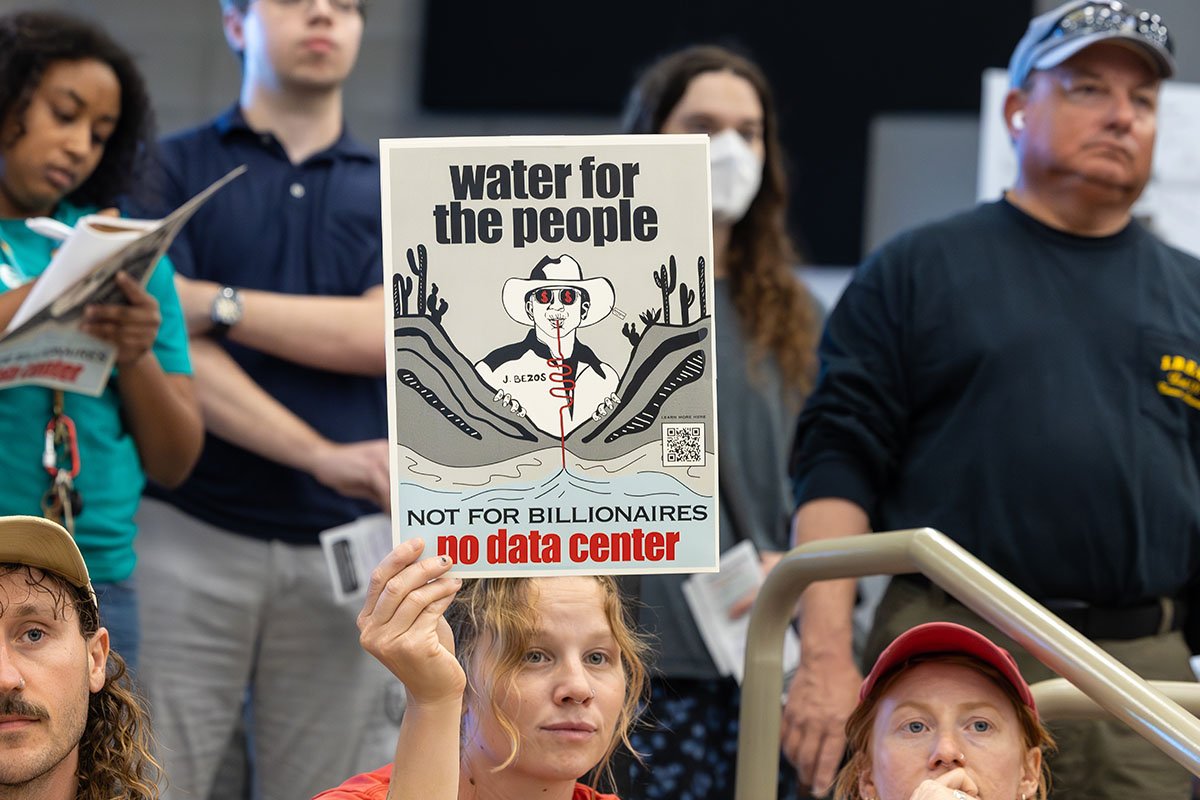
February 12, 2020; Marketplace
Health crises such as the recent outbreak of coronavirus add a heightened level of urgency to the work that Wikipedia does on a daily basis, and so Marketplace’s Molly Wood sat down with Katherine Maher, chief executive director of the Wikimedia Foundation, to talk about the challenges of misinformation and the future.
On its website, the Wikimedia Foundation describes Wikipedia in bold terms and five languages as “the essential infrastructure for free knowledge.” Clarifying the specific role of the foundation, the statement continues, “We host Wikipedia, the free online encyclopedia, created, edited, and verified by volunteers around the world, as well as many other vital community projects.”
Given the vast scale of Wikipedia, it is not surprising that privacy and accuracy are also addressed clearly on the organization’s homepage. Drilling down on the issue of accuracy in her discussion with Marketplace, Maher puts the ratio of male volunteer editors to female-identified ones at about four to one. (No word on editors that identify as neither, both, or other.) Elaborating on this imbalance, she adds, “What that leads to is implicit bias in terms of what gets covered and what is deemed as notable.” Although Maher doesn’t detail new recruitment strategies in her interview with Wood, she does say “there are a number of people across the Wikimedia community and groups that are actively oriented to writing women into history.” The website also highlights a plan to “increase contributor diversity.”
Sign up for our free newsletters
Subscribe to NPQ's newsletters to have our top stories delivered directly to your inbox.
By signing up, you agree to our privacy policy and terms of use, and to receive messages from NPQ and our partners.
Of course, we’d be remiss if we didn’t observe that the editors are predominantly concentrated in whiter, wealthier countries (and thus, so are the page’s subjects), or that of the 7,000 language spoken on Earth, Wikipedia has pages in only about 300. The overwhelming majority of editors on the page, according to Wikipedia’s own breakdown, work in English, and a full 20 percent of editors live in the US while no editors live in Africa.
The Wikimedia Foundation is also up front about its interest in financial support, with “donate now” tabs highlighted in a few different places on the homepage and a “support” tab that clearly delineates funding sources and where the money goes. In her discussion with Wood, Maher refines this breakdown even further by adding that “around 8 million people donate every year an average of $15,” an amount that she explains makes up about 85 percent of total contributions. She describes the remaining 15 percent of the foundation’s budget as coming from philanthropic foundations and “people who give a little bit more than $15,” which is intriguingly open-ended. She also shares the detail that fewer than one percent of Wikipedia’s readers, a group she describes as “a pretty exceptional group of individuals,” donate to the organization regularly.
Even with this resilient group of supporters, it will be an interesting challenge for Wikimedia to figure out ways to broaden its base of individual donors as it looks to the future.
Wikipedia reached its 6 millionth article last month, a benchmark that few online resources can even come close to. A 2018–2019 Annual Plan provides a rough sketch of the last two years and “the movement with a direction” that the foundation planned to go in. The plan emphasizes the organization’s recent focus on what it calls “knowledge equity” (bringing in groups that have been left out of power structures) and “knowledge as a service” (remaining an open-source platform). It will be worth following them to see how their next strategic plan brings all of these ambitious ideas together for the future.—Anne Eigeman












